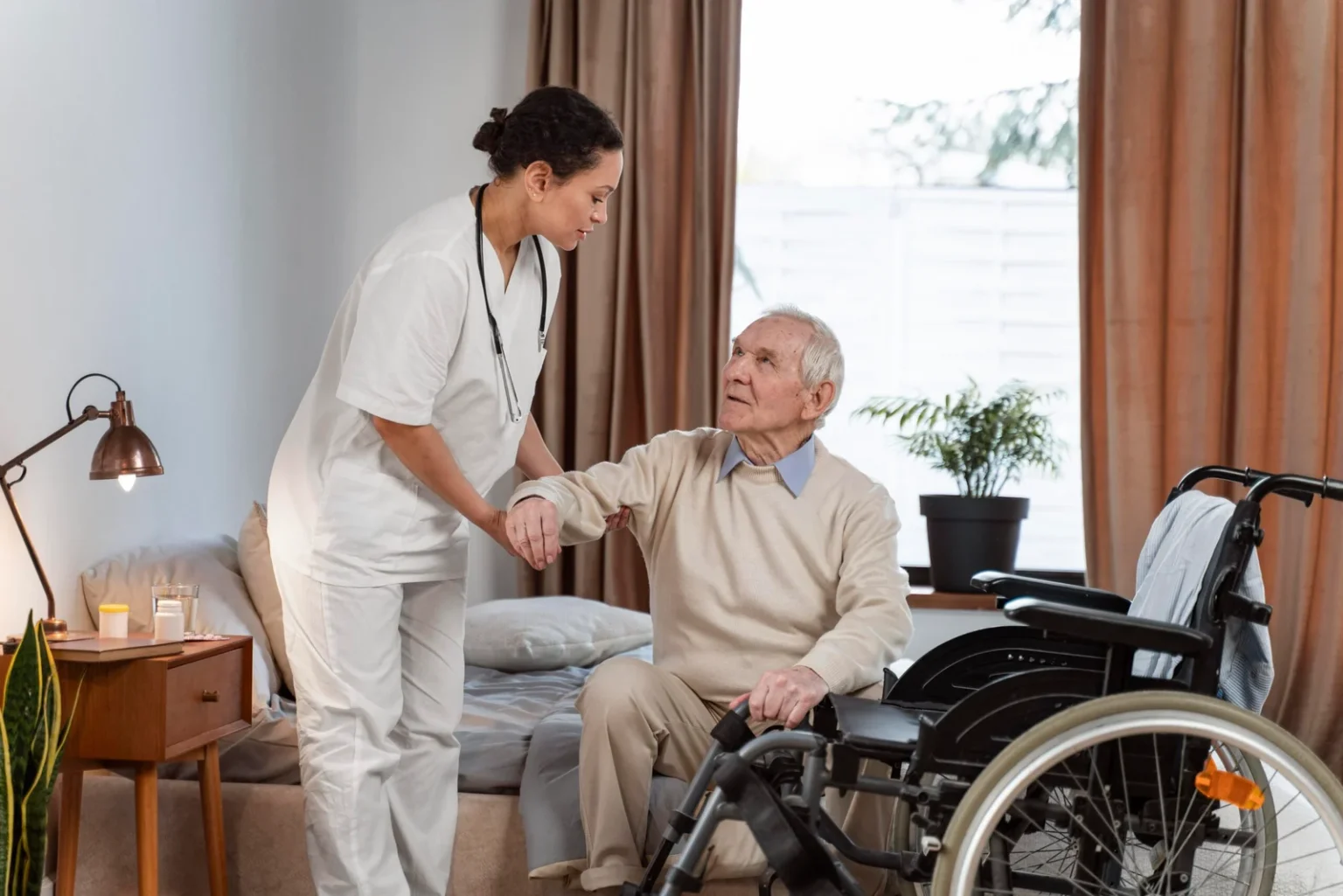The Essence of Elderly Home Care
The elderly population represents a generation filled with wisdom, life experience, and emotional depth. As people age, their physical and mental needs evolve, often requiring consistent support and assistance to maintain their quality of life. Elderly home care provides a comforting and familiar environment for seniors, allowing them to age gracefully within the warmth of their own homes. This form of care ensures that the elderly receive professional medical attention and personal support while still enjoying independence and dignity in their daily lives.
Home care goes beyond basic medical supervision. It encompasses emotional well-being, companionship, and personalized attention that nursing homes often struggle to provide. Caregivers offer more than assistance—they offer friendship, empathy, and understanding. Elderly home care bridges the gap between health management and emotional support, helping seniors feel valued and secure. Families can rest assured knowing their loved ones are being treated with the utmost compassion and respect in an environment filled with familiarity and comfort.
The Benefits of Personalized Assistance
One of the primary strengths of elderly home care lies in its ability to provide personalized attention tailored to individual needs. Every senior has unique health conditions, preferences, and routines. A home care plan can be customized to include medical reminders, physical therapy, mobility assistance, and meal preparation that align with the person’s habits and requirements. This individualized care improves both mental and physical well-being, promoting independence while ensuring safety.
Beyond physical assistance, home caregivers help maintain the emotional stability of seniors. Aging can bring feelings of isolation and loneliness, especially when family members are occupied with work or live far away. Regular companionship, friendly conversations, and engaging activities offered by caregivers can help prevent depression and cognitive decline. Such emotional connection forms the foundation of effective elderly care, transforming ordinary assistance into meaningful relationships that enrich the lives of both the caregiver and the senior.
The Role of Technology in Modern Elderly Care
Technology has revolutionized the way elderly home care is provided today. Advanced health monitoring devices, wearable trackers, and telehealth consultations enable real-time updates on a senior’s well-being. With these innovations, caregivers and family members can monitor heart rate, medication schedules, and physical activities remotely. This ensures that even in the absence of constant physical supervision, seniors remain safe and connected to medical professionals. The integration of technology provides peace of mind for families and fosters independence for older adults who wish to maintain autonomy.
Moreover, smart home systems have added an extra layer of comfort and safety for the elderly. Voice-activated assistants, automated lighting, and fall detection sensors are now key features of home care setups. These tools not only make life easier but also empower seniors to manage daily tasks with minimal risk. The combination of human compassion and technological support creates a powerful framework for modern elderly care, where safety and comfort coexist seamlessly.
The Importance of Emotional Connection and Family Involvement
Elderly home care is not solely about providing physical or medical assistance—it is also deeply rooted in emotional connection. Many elderly individuals struggle with loneliness, especially after the loss of a spouse or friends. A compassionate caregiver can become a trusted companion, offering a sense of belonging and emotional warmth. Through active listening and empathy, caregivers help seniors regain their sense of purpose, making each day meaningful and fulfilling. The emotional bond between caregivers and seniors forms a critical part of healing and mental well-being.
Equally important is the involvement of family members in the care process. Regular visits, calls, and participation in caregiving decisions reassure seniors that they remain valued members of the family. When families collaborate with caregivers, it creates a supportive network that strengthens the senior’s emotional resilience. Open communication between caregivers and relatives ensures continuity of care and reduces the feeling of abandonment that many elderly individuals face. Family involvement transforms home care into a shared journey of love, trust, and mutual respect.
The Future of Elderly Home Care Services
The future of elderly home care looks promising as societies continue to recognize the importance of compassionate, personalized aging solutions. The growing elderly population across the world is driving innovation in care services, training, and technology. There is an increasing demand for professionally trained caregivers who can manage both physical and emotional aspects of elderly care. Governments and private organizations are also investing in programs to make home care more accessible and affordable for families. This ensures that aging at home becomes not just a privilege, but a standard of dignified living for all seniors.
In the coming years, elderly home care will continue to evolve with a stronger emphasis on holistic well-being. Caregivers will be trained not only in medical support but also in communication, mental health awareness, and empathy. Technology will further enhance safety and independence, enabling seniors to live longer and happier lives in their homes. As humanity continues to age, the value of respect, compassion, and personal attention in elderly home care will remain the guiding force behind every service. It is through these values that the world can ensure its elders live with the comfort, security, and dignity they truly deserve.







